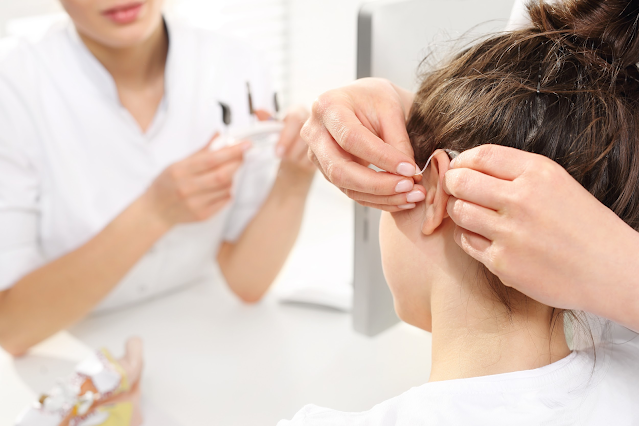Audiograms determine a person's ability to hear sound at different pitches and volumes. They can be used to diagnose hearing loss, monitor treatment effects, and measure a person's hearing thresholds.
1. What is an audiogram, and what does it show?
An audiogram is a graphical representation of the hearing test results. Audiograms determine a person's ability to hear sound at different pitches and volumes.
2. How accurate are audiograms in diagnosing hearing loss or other issues?
Audiograms are very accurate in diagnosing hearing loss or other issues. They measure a person's ability to hear sound at different pitches and volumes. This information can be used to diagnose hearing loss, monitor treatment effects, and measure a person's hearing thresholds. Audiograms are an essential tool in diagnosing and treating hearing loss.
Attune Hearing is a formidable medical alliance and independence that has led to our success as the leading Australian hearing healthcare provider. Our high-quality service continues to be the driving force of our growth today.
In an industry that can be problematic and difficult to navigate, Attune Hearing has remained true to our core values and mission. We are committed to you and your loved ones.
We provide Bluetooth hearing aids and digital hearing aids that make life easier for those with hearing loss. We want you to feel confident and in control of your health.
Put your trust in us – we're here for you.
















